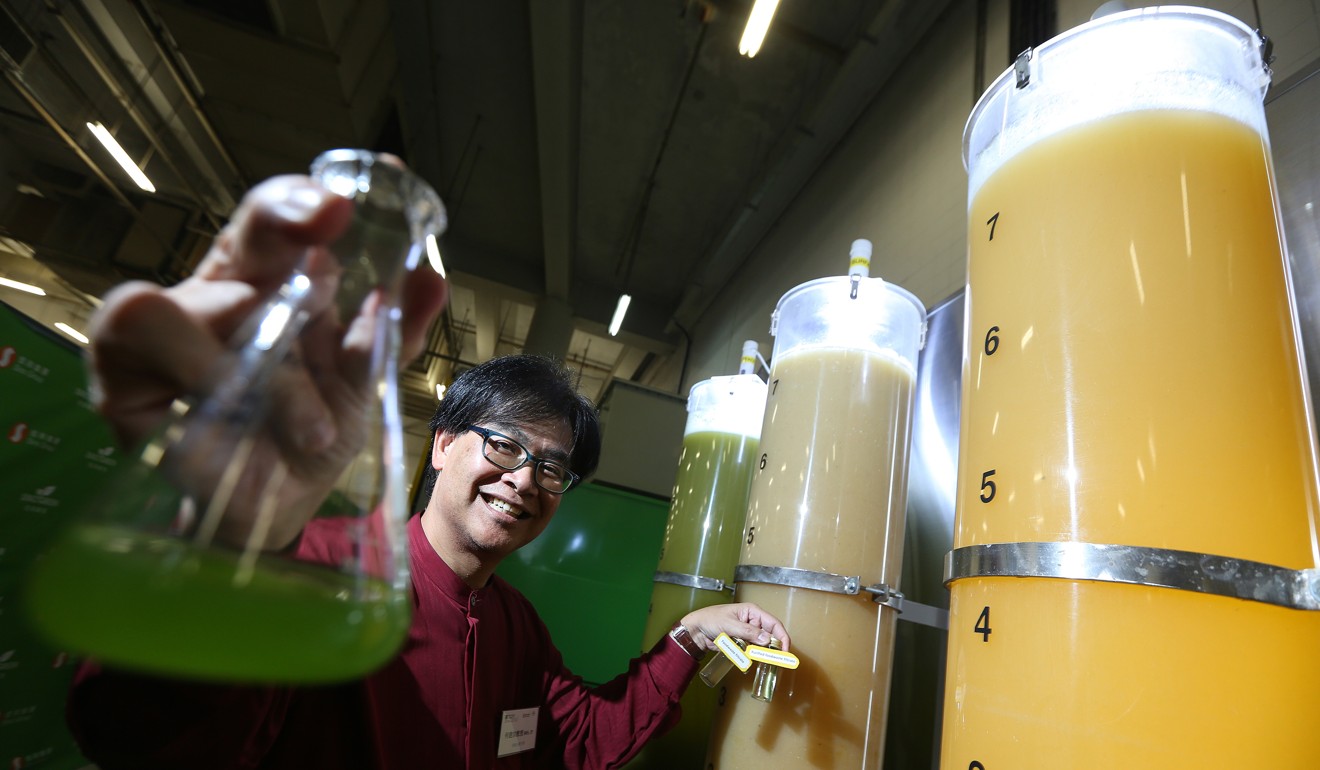To tackle unemployment among graduates and youth anger, invest in innovation and education
- Rather than leaving it to the private sector, governments should step in with creative, long-term investments in education, infrastructure and environmental protection, boost innovation and research, and be unafraid to embark on deficit spending to do this

The expansion of university education in the last few decades has enabled millions of school leavers to continue their education in university. This is to be applauded. However, it has given rise to a new problem. Millions upon graduation cannot find the jobs they are trained for. This is part of their frustration and anger with the government and society.
There are two sides to the problem. From the supply side, with the mushrooming of universities, especially profit-oriented ones, their quality has declined. From the demand side, job creation in skill-intensive and well-paid sectors has not kept pace with the increase in graduates.
Let’s face it, some universities actually produce unemployable graduates. Everyone has the right to a university education, but universities must make sure they provide proper training. Governments must bear the bulk of the blame, for they have the power to approve the set-up of universities and the duty to monitor standards.
Here are three solutions: redesign the curriculum to align with the needs of the job market, encourage more students into vocational training and impose proper requirements for student admission, instruction and graduation.
Dealing with demand side is more difficult. Hong Kong and Singapore have high-quality education in state schools and universities. Yet many graduates cannot find the kind of jobs they are trained for.
It is high time government officials, business leaders, captains of industry and non-governmental organisations come together to look for solutions. To begin with, they can take a cue from existing problems, for example, environmental degradation, lack of waste recycling and low urban birth rates.
These call for holistic approaches, long-term vision and financial investment. For instance, converting household waste into useful raw materials requires scientific research, technological innovation and new production processes.

Such solutions generally do not excite a private sector focused on short-term profit. The task falls naturally into the laps of governments and visionary entrepreneurs. The government has to first overcome the opposition of neoliberal economists and policymakers.
Neoliberalism argues that the government is the problem and the market the solution. But this reasoning is valid only for failed or predatory states, and most states are neither. One example is the United States, which, guided by neoliberalism, has a dysfunctional health care system, crumbling infrastructure, a crisis of incarceration, and worst of all, a deregulated financial sector.
One powerful antidote to neoliberalism is Adam Smith, arguably the greatest Western economist. While propounding laissez-faire economic policies, he argued that natural monopolies like railways should be run by the state or strictly regulated. Likewise, it is the state’s duty to take care of public goods such as defence, maintenance of law and order, and education.
Let us now return to the issue of employment for graduates and more broadly, employment for all. Governments badly need not just creative approaches to tackling unemployment but also a radical rethinking of socioeconomic policies and a drastic overhaul of economic structure. Change is necessary because employment opportunities have been upturned by technological advances, such as artificial intelligence.
To begin, focus on productive consumption and investment. A time-honoured policy is investment in building schools, hospitals, transport and communication infrastructure, and environmental protection.
A clear lesson from history is that technological innovation is a sound basis for economic growth, supported by related innovations in management and institutions. Investment in research and innovation is a long-term endeavour which increases and upgrades skills through discoveries and inventions. It promotes social mobility while reducing social problems and political instability.
Just consider some of the possible outcomes: new materials with desired properties, converting waste into useful raw materials and reclaiming arable land from deserts.

How can the state finance such projects and, with the debt overhang in the public sector, engage in deficit spending?
Interestingly, the decade since the 2008 financial crisis has the answer. Countries have broken the “golden rule” of staying within a 3 per cent budget deficit and keeping public debt within 60 per cent of gross domestic product, and with no inflation.
Keeping a watchful eye on inflation, a sovereign state can regulate its liquidity to serve its economy. With deflation and low inflation, it can print money to boost demand by productive investments. To avoid currency attacks, it should control capital flow. There is no risk of crowding out private investment in times like this.
Moreover, various production factors are cheap. Over time, the investments will increase the country’s wealth and boost growth. When the economy stages a credible recovery, the state can steadily withdraw and soak up the liquidity. In essence, it is an exercise in anti-cyclical economic policy.
Michael Heng is a retired professor who has held academic appointments in Australia, the Netherlands, and at six universities in Asia